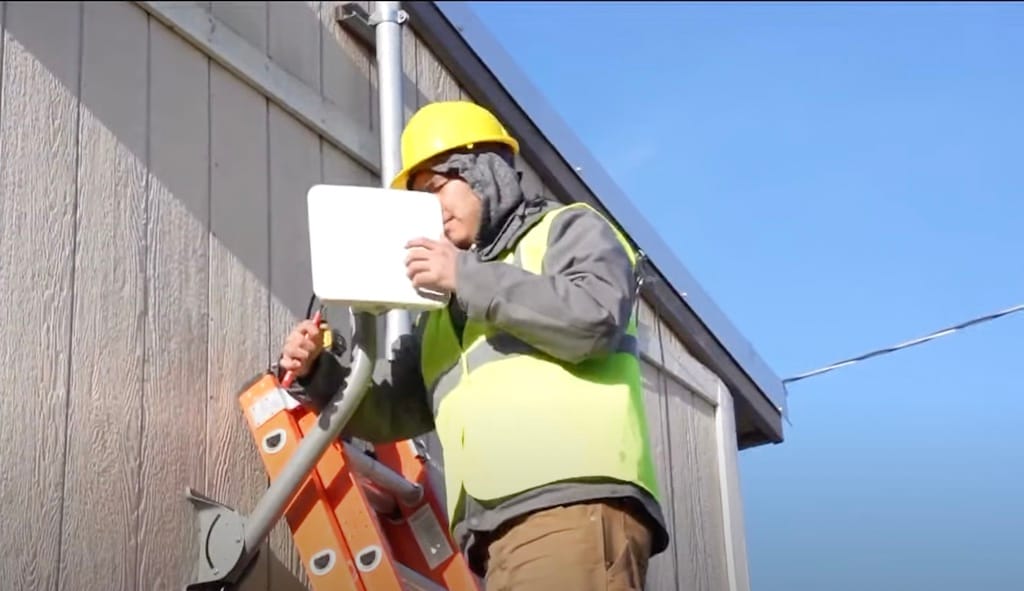
Fiber
Rural broadband advocacy organization requests FCC rethink ‘technological neutrality’ requirements.
 Photo from PBS NewsHour
Photo from PBS NewsHour
WASHINGTON, February 9, 2024 – A trade association representing 360 rural telecommunication companies on Monday urged the FCC to consider altering the general presumption of “technological neutrality.”
The group, Advocates for Rural Broadband and formerly known as the WTA, want to mitigate efforts to restrict Universal Service Fund-supported broadband on fiber-to-the-home technology.
They highlight the need for scalability in meeting bandwidth demands for broadband.
Fiber-to-the-home technology connects optical fiber to individual homes. FTTH reaches speeds 20 -100 times as fast as cable or digital subscriber line connections, the group argues. The organization said that FTTH is necessary in order to provide reliable and fast internet access to rural communities.
Further, rural local exchange carriers need FTTH to provide reliable high-speed internet for homes and other areas, the WTA argues. Rural communities need FTTH to reach 100 Megabits per second (Mbps) download * 20 Mbps upload connection speeds, the letter states.
In July 2023, FCC Chairwoman Jessica Rosenworcel proposed increasing the commission’s broadband speed standard from 25 * 3 Mbps to 100 * 20 Mbps.
Additionally, FTTH technology is scalable, allowing for the wide-scale deployment of high-speed internet through rural areas, the letter says. The group said that other options such as fixed wireless — a technology that allows broadband access via radio waves instead of cables — are more difficult to scale and require pricy reconstruction to boost speed for users.
The organization laments efforts by certain groups to lobby against and undermine FTTH technology and prop up slower alternatives, using “technological neutrality” as justification.
The WTA claims that where FTTH and a non-scalable alternative are simultaneously located, the latter should not be allowed to divert USF support from the former. Thus, the FCC should consider prioritizing high-quality and economically feasible service.
FTTH technology continues to grow in popularity due to its faster speeds and lack of vulnerability to weather-related events. On Wednesday, Fybe, a broadband service provider, announced they would bring fiber technology to over 14,000 homes in Virginia. Mediacom, another broadband provider, announced a deal to expand fiber to a rural Minnesota town of 2,000.
